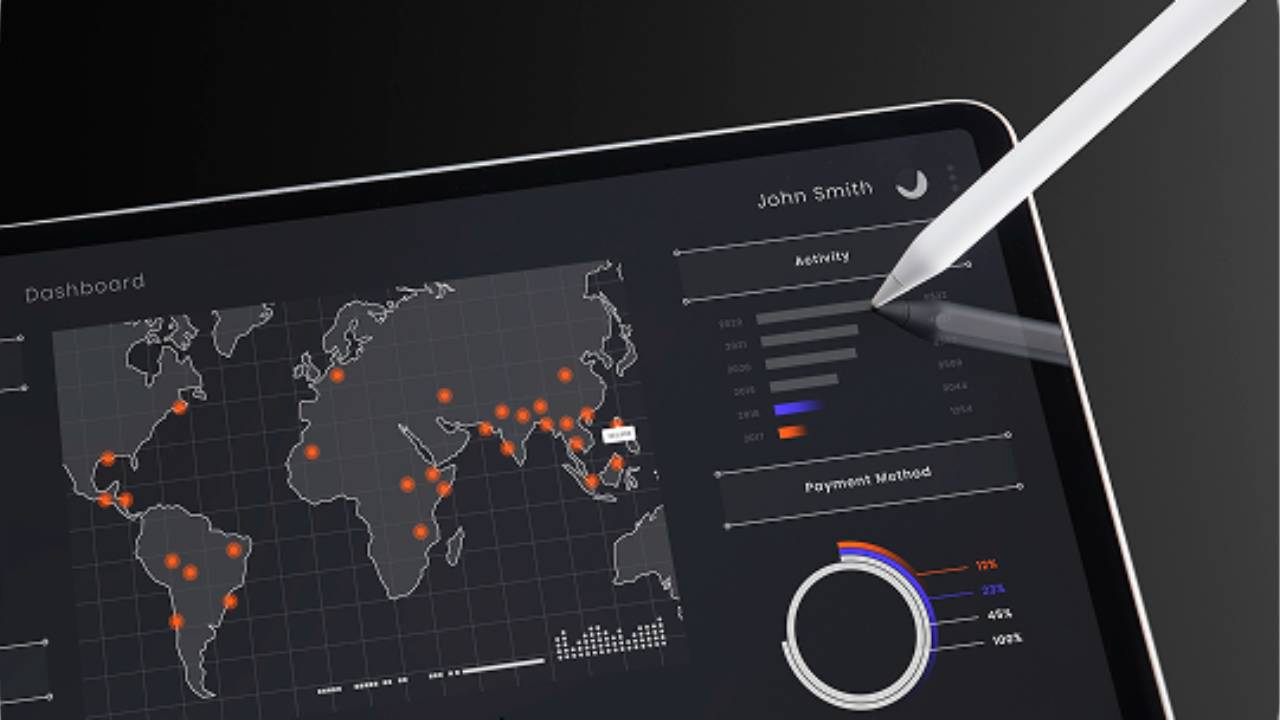Navigating CMS Requirements for SNFs in 2025
Sep 15, 2025
The Centers for Medicare & Medicaid Services (CMS) sets the rules that Skilled Nursing Facilities (SNFs) must follow to receive reimbursement and maintain compliance. These requirements are constantly evolving, reflecting new healthcare priorities, patient needs, and regulatory standards. As we move through 2025, SNFs face both opportunities and challenges in staying aligned with CMS guidelines.
1. Focus on Value-Based Care
CMS continues to push for value over volume. For SNFs, this means demonstrating measurable outcomes in patient care rather than simply reporting the number of services delivered. Facilities will need to invest in data tracking and reporting systems that highlight improvements in mobility, readmission rates, and overall patient well-being.
2. Updates to MDS (Minimum Data Set) 3.0
In 2025, CMS is emphasizing more accurate and comprehensive data collection through MDS updates. These updates ensure that SNFs capture patient conditions, treatments, and outcomes more precisely. Facilities must train staff thoroughly and adopt software solutions that simplify accurate MDS submissions.
3. Staffing and Workforce Standards
Staffing remains a key compliance point. CMS is tightening requirements around minimum staffing levels and qualifications to ensure consistent quality of care. SNFs will need to focus on recruiting, training, and retaining skilled staff while balancing financial pressures.
4. Infection Control and Safety Protocols
Post-pandemic, CMS has reinforced infection prevention standards. In 2025, surveyors are expected to closely monitor infection control measures, including isolation protocols, staff training, and facility hygiene. SNFs must be proactive in updating policies and conducting regular audits to remain compliant.
5. Technology and Interoperability
CMS is driving stronger interoperability across healthcare systems. SNFs must be capable of securely sharing patient data with hospitals, physicians, and other care providers. Facilities that adopt electronic health records (EHRs) with CMS-approved standards will be better positioned for compliance and smoother care coordination.
6. Financial and Billing Compliance
SNFs continue to face strict oversight on billing practices, especially with Medicare reimbursements. CMS is monitoring closely for upcoding, duplicate claims, or improper documentation. Facilities should implement AI-driven or automated billing compliance checks to minimize errors and protect revenue.
7. Preparing for Audits and Surveys
CMS surveys remain the backbone of SNF compliance. In 2025, surveyors are leveraging more real-time data and patient feedback. Facilities should maintain thorough documentation, practice mock surveys, and build a culture of ongoing readiness rather than scrambling only before inspections.
Conclusion
For SNFs, navigating CMS requirements in 2025 means balancing quality care, accurate reporting, and operational efficiency. By embracing technology, investing in staff training, and proactively addressing compliance challenges, SNFs can not only avoid penalties but also strengthen patient outcomes. Staying ahead of CMS updates is no longer optional—it’s essential for survival and success in today’s healthcare environment.
Lorem ipsum dolor sit amet, consectetur adipiscing elit. Cras sed sapien quam. Sed dapibus est id enim facilisis, at posuere turpis adipiscing. Quisque sit amet dui dui.
Stay connected with news and updates!
Join our mailing list to receive the latest news and updates from our team.
Don't worry, your information will not be shared.
We hate SPAM. We will never sell your information, for any reason.

